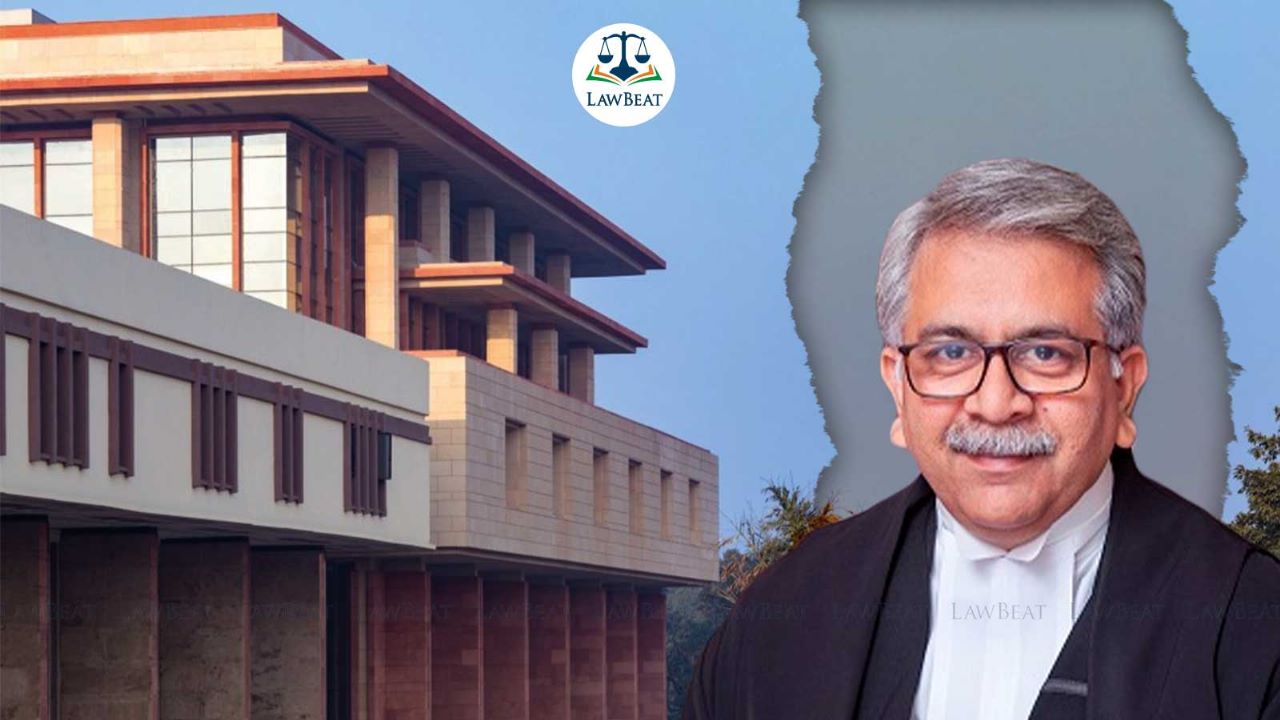Merely Naming Someone in Suicide Note Cannot Be Sole Basis for Abetment Trial: Delhi High Court

The court expounded that to attribute someone’s actions as abetment, there has to be some causal link and proximity of the acts with the person committing suicide
The Delhi High Court recently held that merely naming individuals in a suicide note and attributing responsibility for one's death to them does not automatically serve as sufficient grounds for initiating a trial or securing a conviction under Section 306 of the Indian Penal Code, 1860 (IPC).
“Mere mention of the name of certain individual(s) in the suicide note, stating therein that they are responsible for his death cannot ipso facto be the sole basis for putting the accused to face trial or for conviction under Section 306 IPC”, the bench of Justice Manoj Kumar Ohri held.
A plea was submitted under Section 482, CrPC to reverse the judgment and order by the Special Judge, who denied the petitioner's challenge to the trial court's decision dismissing her protest against the closure report.
The facts disclosed that Asha Rani's son, Himanshu, married Parul Saroya. On March 9, 2014, Parul Saroya left her marital home to stay with her parents. On March 23, 2014, Himanshu lodged a complaint stating his wife's departure with her belongings, including jewelry. On May 31, 2014, Asha Rani's husband committed suicide. An FIR was filed based on Asha Rani's complaint alleging harassment by her daughter-in-law (Parul Saroya) and her parents leading to her husband's suicide.
Following the investigation, a final report was submitted, finding no substantial evidence linking the accused to the offense except for the suicide note. Asha Rani's protest petition against this report was dismissed by the Metropolitan Magistrate, a decision upheld by the Additional Sessions Judge. Hence, the present petition was filed.
Advocate Pradeep Kumar Kaushik, representing Asha Rani, argued that the impugned order failed to recognize an undated suicide note found under the deceased's mattress, blaming his daughter-in-law and her parents for harassment and property seizure. It was contended that the Investigating Officer overlooked collecting Call Detail Records (CDR) which could have shed light on the deceased's motive. Moreover, it was argued that the suicide note should have been considered a dying declaration with evidentiary value.
Additional Public Prosecutor Laksh Khanna and Advocate Aditya Vikram for the State and Parul Saroya defended the impugned order, stating that the trial court rightly accepted the final report and dismissed the protest petition, basing its decision on factual assessment.
The pivotal issue was whether there was abetment leading to the deceased's suicide, punishable under Section 306, IPC. To establish abetment, a clear causal link between the accused's actions and the suicide was essential.
“A person can abet the doing of a thing by three ways: firstly, if he instigates any person to do that thing; secondly, if he engages with one or more other person or persons in any conspiracy for the doing of that thing, if an act or illegal omission takes place in pursuance of that conspiracy, and in order to the doing of that thing; or thirdly, if he intentionally aids, by any act or illegal omission, the doing of that thing”, the bench said.
To establish the accused's actions as abetment, there must be a clear causal connection and proximity between the acts and the deceased's suicide. It must be demonstrated that the accused engaged in active or direct acts that drove the deceased to commit suicide, leaving them with no alternative. Additionally, it must be proven that the accused's actions were intended to coerce the deceased into such a position that they took their own life. Moreover, the prosecution must demonstrate that the accused had the intent (mens rea) to commit the offence. The court opined, “Abetment involves a mental process of instigating a person or intentionally aiding a person in doing of a thing”.
The court, after analysis of the undated suicide note, observed that it lacked specific details or incidents that could have driven the deceased to commit suicide.
Furthermore, the court noted that "the legal position qua Section 306 IPC as expounded above, requires a causal link or proximity to be established between the acts of the accused and the deceased committing suicide”.
The bench noted that merely mentioning certain individuals in a suicide note, alleging responsibility for the death, cannot solely justify putting the accused on trial or convicting them under Section 306 IPC. In this case, the court expounded that apart from being named in the suicide note, no other evidence had been presented to show how respondents contributed to the deceased's suicide.
Accordingly, the court dismissed the petition.
Case Title: Asha Rani v State Of NCT Of Delhi & Ors. (2024:DHC:2883)
